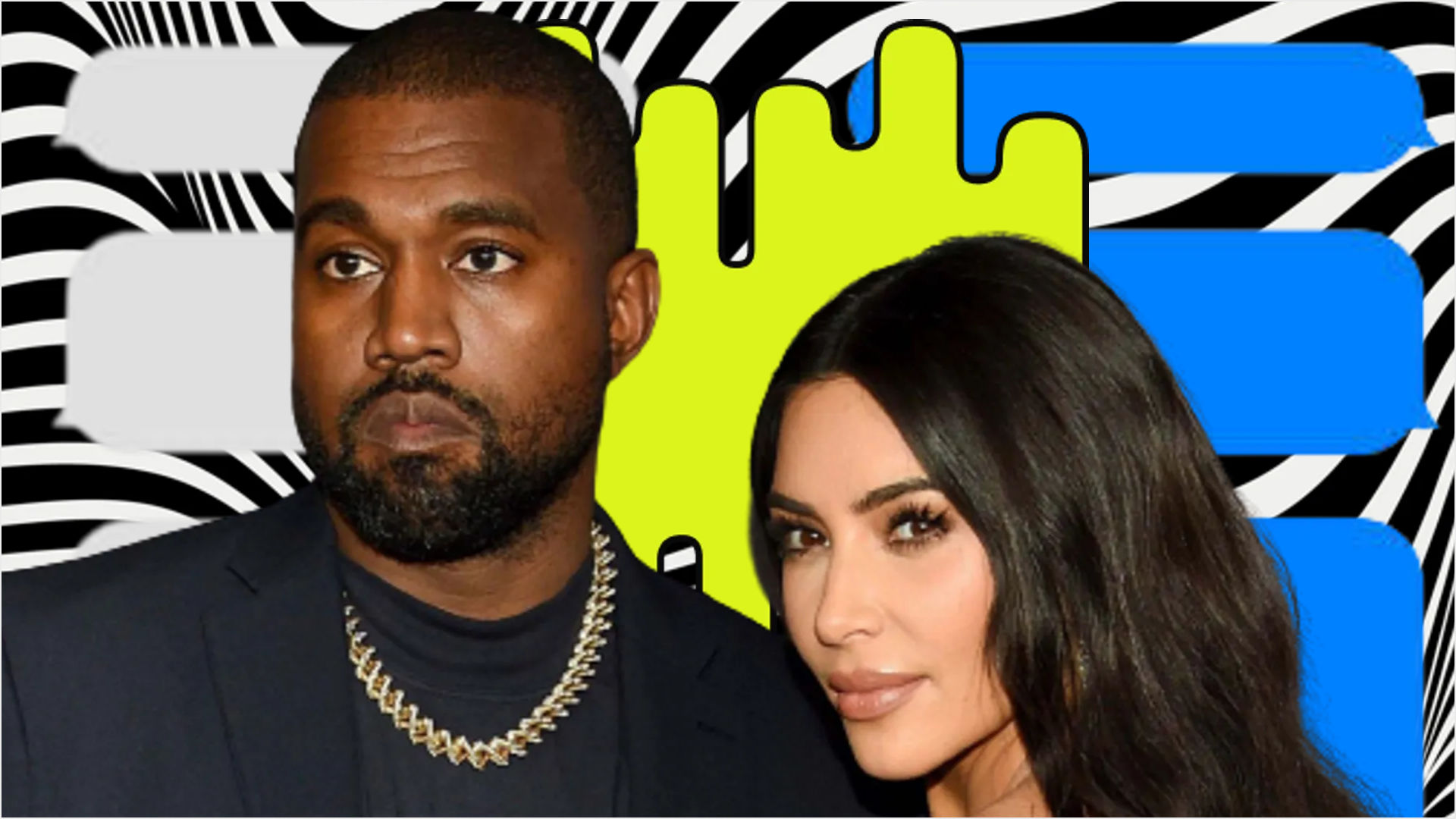
The premiere of Hulu’s The Kardashians means we are about to see the Kimye divorce drama, in which Kanye West broke the internet in a series of Instagram posts, play out from Kim’s perspective.
The cultural power of the couple cannot be overstated. Kanye and Kim are both incredibly wealthy and have a long history of scandals and controversy.
They are a dominant force of popular culture in the 2010’s, and the implications and speculation surrounding the demise of their marriage rivals even the most famous of divorces: Jennifer Anniston and Brad Pitt, Nicole Kidman and Tom Cruise or even Princess Diana and Prince Charles.
The difference between those separations and the Kimye split is the celebrities’ means to communicate with their audience directly through social media, meaning their followers are able to weigh in on the spectacle and either encourage or discourage either party.
In since deleted Instagram posts, Kanye exposed private text messages with Kim, encouraged his followers to harass her new partner, and publicized sending her extravagant gifts like a truckload of roses. It was also reported that he bought a house across the street from Kim following their separation.
On top of it being extremely frightening and frustrating to watch someone behave completely outside the realm of what is acceptable behavior, I fear the consequences of Kanye West’s spectacle for both the persons directly involved and its broader cultural audience.
The vastness of Kanye West’s economic and social capital seemingly allows him to do whatever he wants with virtually no consequences. Many of these posts, since deleted, featured comments like “Man just wants his family back,” or “Ye the GOAT.”
Ignoring or condoning these behaviors, which would probably be easier to condemn if they were actions of a friend or family member, could likely be the result of parasocial relationships with both Kim and Kanye.
According to a paper by Amanda R. Laken at the University of Nevada, celebrity is the most important commercial aspect of American life and the relationships we have with celebrities impact our everyday lives. Knowledge of characters in the American media landscape is a primary basis for socialization and parasocial relationships develop when we have internalized a person’s celebrity as mediated through a variety of media.
We then mimic real life friendships with the person, thinking that we understand their values and intentions, although ultimately the relationships are one sided. Some scholars even compare these relationships as similar to other cultures’ relationships with God, according to the paper.
The #MeToo movement sought to call out abusive behaviors in the entertainment industry specifically, sending the message that no amount of power or wealth can protect individuals that seek to do harm.
Combine the aftershocks of the third-wave feminist movement with celebrity culture, and what do you get? A deeply complex and seemingly unsolvable puzzle of accountability.
It seems that Kanye has slipped through the cracks of cancel culture – he’s already been canceled, and canceled again. Yet, an army of fanboys jumps to his defense each time.
What is the trickle down effect culturally if someone can make a song so good spectators will publicly condone downright frightening behavior against an ex-spouse? Do we see that as an epic romance? Is it simply something to laugh at?
We know that inappropriate male behavior can be found all over pop culture – in our movies, TV shows and music, creepy dominating behavior is romanticized and seeps into the way our real-life relationships play out.
In the premiere of the Hulu series, we re-meet the sisters about eight months after Kim filed for divorce from Kanye and about four months out from the official dissolution of their marriage and his temporary suspension from Instagram. Thus, we will be witnessing Kardashians content featuring both a separated and legally single Kim, navigating divorce, co-parenting and a new relationship.
As we relive through this spectacle, we should ask ourselves about the cultural consequences of witnessing the most wealthy and influential couple in the world commit or condone calls for violence, public humiliation and manipulation.
And if cancel culture has run its course, for better or for worse, how can we expect the influence of these public figures to trickle down into the lives and politics of their fans? And how do we move on with both parties remaining in the cultural limelight?
